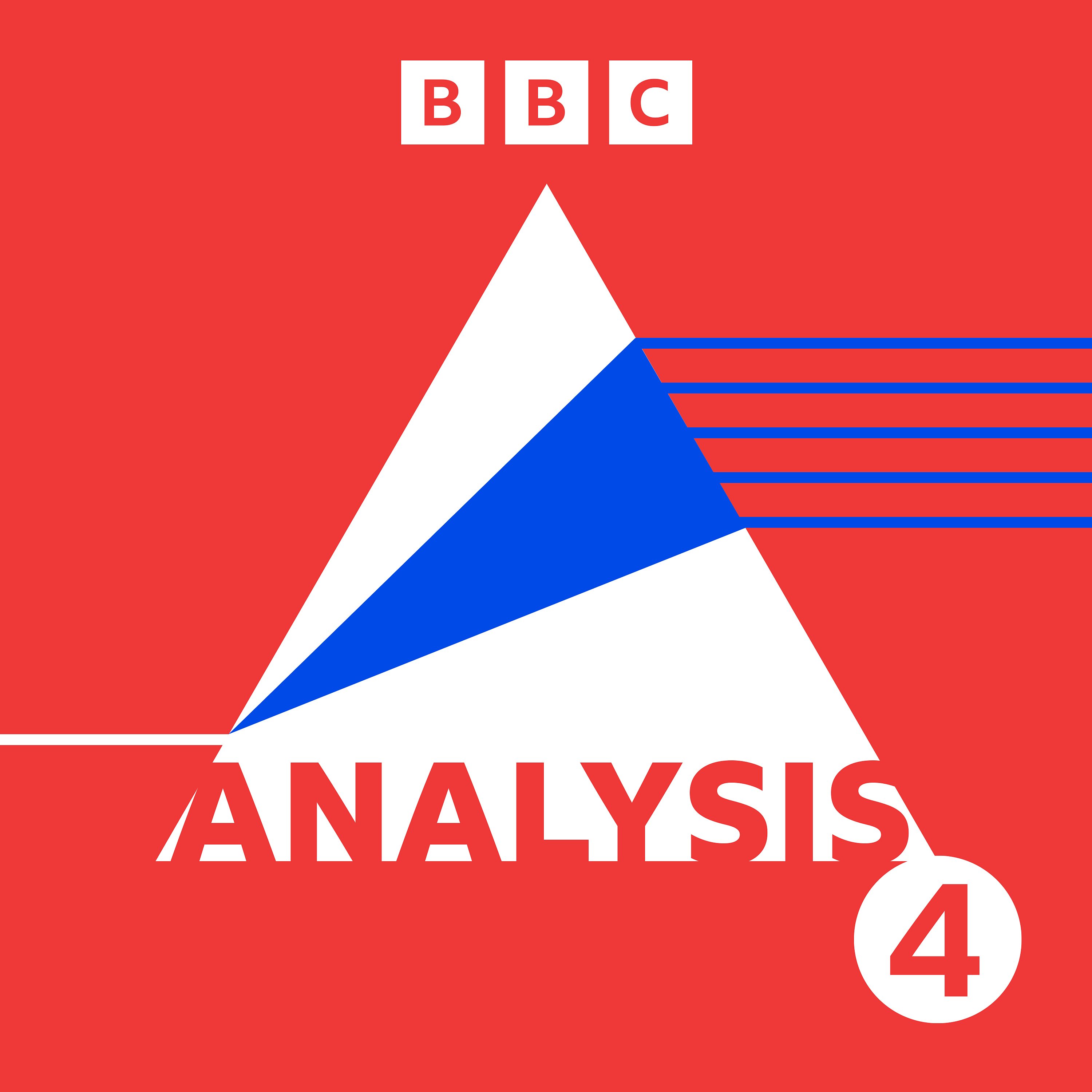
Science in the Time of Cancel Culture

Analysis
Shownotes Transcript
In an age of social media ’cancel culture’ might be defined as an orchestrated campaign which seeks to silence or end the careers of people whose thoughts or opinions deviate from a new set of political norms. So if this threat exists for anyone expressing an opinion online in 2021, what’s it like for scientists working in academia and publishing findings which might be deemed controversial?
In this edition of Analysis, Michael Muthukrishna, Associate Professor of Economic Psychology at the London School of Economics, assesses the impact of modern social justice movements on scientific research and development.
Speaking to a range of experts, some who have found themselves in the firing line of current public discourse, and others who question the severity of this phenomenon and its political motives, Michael asks: if fear of personal or professional harm is strengthening conformism or eviscerating robust intellectual debate, can open-mindedness on controversial issues really exist in the scientific community? Or is rigorous public assessment of scientific findings helping to achieve better, more equitable and socially just outcomes?
With contributions from:
Emily M Bender, Professor of Linguistics at the University of Washington Pedro Domingos, Professor of Computer Science at University of Washington Caroline Criado Perez, writer and campaigner Brandeis Marshall, data scientist, Professor of Computer Science at Spelman College Steven Pinker, Professor of Psychology at Harvard University David Reich, Professor of Genetics at Harvard Medical School
Producer Craig Templeton Smith Editor Jasper Corbett